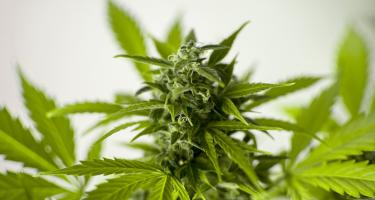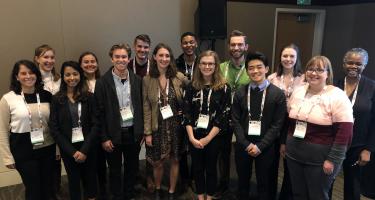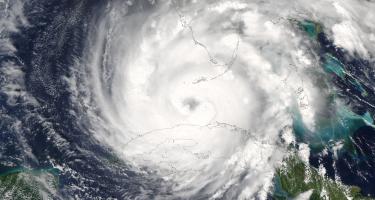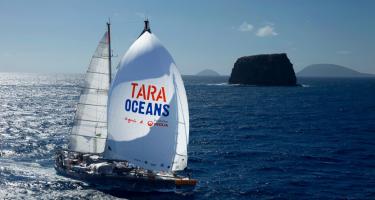
Policymakers regulating e-cigarettes, marijuana before the evidence is in, scientists say
Neuroscientists emphasized the need for studies of effects on the brain to guide drug policy, during a Feb. 14 panel at the 2020 American Association for the Advancement of Science annual meeting.








